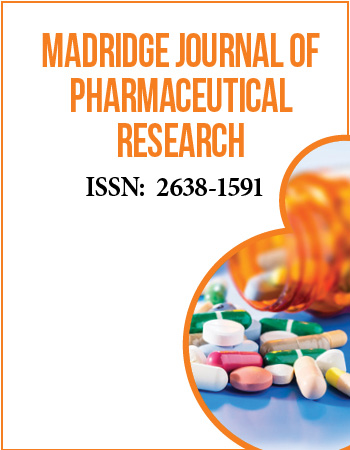2nd International Conference on Pharma & Nutrition, Health and Aging
August 1-2, 2019 Valencia, Spain
Changes in the School Nutrition Environment in Hungary
1National Institute of Pharmacy and Nutrition, Hungary
2University of Physical Education, Center of Sports Nutrition Science, Hungary
3National Public Health Center, Hungary
Healthy nutrition is important for the mental and social development of children. Making kindergarten and school nutrition environment healthy means a long-term investment into health because its positive effects extend to adulthood.
The aim of the analysis was to assess changes in the school nutrition environment based on the National School Nutritional Environment Survey conducted in 2013 and 2017.
The two surveys used similar methodology. A one-step, stratified (county) sampling design ensured national representativeness in the realized sample there were 159 and 139 schools in 2013 and 2017 respectively. A self-administered questionnaire was used to assess the elements of school nutrition environment: the uptake of school meals, the length of the lunch time, the selection of school snack shops and vending machines, accessibility of drinking water, participation in school fruit and school milk schemes.
There are a number of positive changes observed in schools environment in 2017 compared to the survey in 2013. In 2017, 75% of primary schools reported to have free access to drinking water outside of bathrooms which was a significant increase compared to 2013. The proportion of primary schools participating in the EU School Fruit and School Milk Scheme has increased significantly. School snack shops selling sugar-sweetened beverages or coke despite the legal restrictions still exist, but in smaller proportion than in 2013. Unfortunately, less school snack shops sold fresh fruits and vegetables, some still had energy drinks in their selection in 2017.
Despite the legal regulations targeting school nutrition environment in Hungary, further interventions are needed on the basis of these results.
Biography:
Nagy-Lőrincz Zsuzsanna satisfied the academic requirements of the Semmelweis University Faculty of Health Sciences qualification of Dietitian in 2012 and she continued her studies at Semmelweis University Faculty of Health Sciences and Corvinus University of Budapest Faculty of Food Science joint masterʼs degree programme in Nutritional Sciences from where she graduated in 2014. She has been working as a dietitian in the National Institute of Pharmacy and Nutrition in Budapest almost for 5 years. She is interested in public catering as an effective food policy measure, food and nutrition related surveys and nutrition intervention programs.


